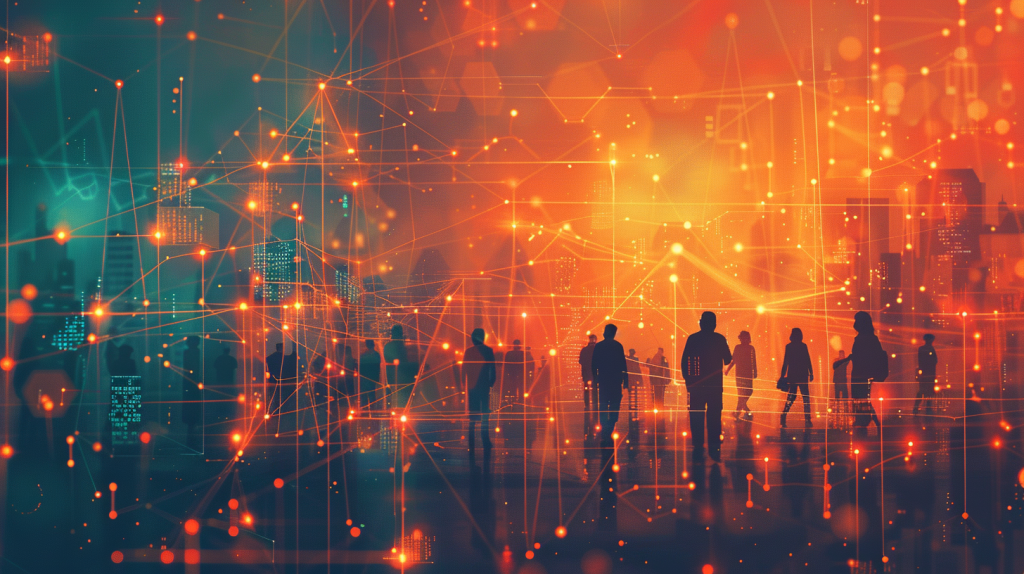INDUSTRY INSIGHT
The World of DAOs: Transforming Governance and Collaboration

Blockchain
Decentralization
Decentralized Autonomous Organizations (DAOs) represent a significant innovation in blockchain technology, reshaping how organizations operate by leveraging decentralized governance and smart contracts. This article delves into the essence of DAOs, their advantages, challenges, and various types, offering a comprehensive understanding of their impact and future potential.
What are DAOs?
A DAO, or Decentralized Autonomous Organization, is an entity governed by smart contracts and blockchain technology instead of traditional centralized management. DAOs operate on predefined rules embedded in code, which dictate how the organization functions and makes decisions. These rules are transparent and immutable, providing a high level of trust and accountability among participants.
Advantages of DAOs
1. Transparency and Trust
DAOs offer unparalleled transparency since all rules and transactions are recorded on the blockchain. This transparency ensures that all members have equal access to information, fostering trust within the community.
2. Decentralized Control
In DAOs, control is distributed among all members, eliminating the need for a central authority. Decisions are made collectively through voting mechanisms, where each member’s influence is proportional to their stake in the DAO’s native token.
3. Reduced Operational Costs
By automating processes through smart contracts, DAOs significantly reduce the need for intermediaries, thereby lowering operational costs and increasing efficiency.
Challenges Facing DAOs
1. Security Risks
The decentralized and open-source nature of DAOs makes them susceptible to hacking. The infamous hack of “The DAO” in 2016, where millions of dollars were stolen, highlights the vulnerabilities that can be exploited.
2. Regulatory Uncertainty
DAOs operate in a regulatory gray area. The lack of clear legal frameworks can pose challenges for their integration into traditional financial and legal systems.
3. Coordination and Decision-Making
While decentralized governance promotes inclusivity, it can also lead to slower decision-making processes and difficulties in achieving consensus, especially in large DAOs with diverse member interests.
Types of DAOs
DAOs can be broadly categorized based on their primary functions:
1. Protocol DAOs
These DAOs manage protocols in the DeFi (Decentralized Finance) ecosystem. Examples include MakerDAO, which governs the Maker Protocol that manages the DAI stablecoin.
2. Social DAOs
Social DAOs focus on building communities and fostering social interactions. Friends with Benefits (FWB) is a notable example, bringing together creatives and entrepreneurs.
3. Investment DAOs
These DAOs pool funds to invest in various assets, including cryptocurrencies and startups. MetaCartel Ventures is an example, where members collaborate on investment decisions.
4. Grant DAOs
Grant DAOs, like MolochDAO, focus on funding projects and initiatives within the blockchain space to foster development and innovation.
The Future of DAOs
Despite the challenges, DAOs have immense potential to transform various industries by promoting transparency, reducing costs, and democratizing decision-making. As technology evolves and regulatory landscapes adapt, DAOs could become a mainstream organizational structure, driving the next wave of innovation in the digital economy.
In conclusion, DAOs represent a radical shift in how organizations can be structured and governed, leveraging the power of blockchain to create decentralized, transparent, and efficient systems. Their continued evolution will likely play a crucial role in shaping the future of digital collaboration and governance.